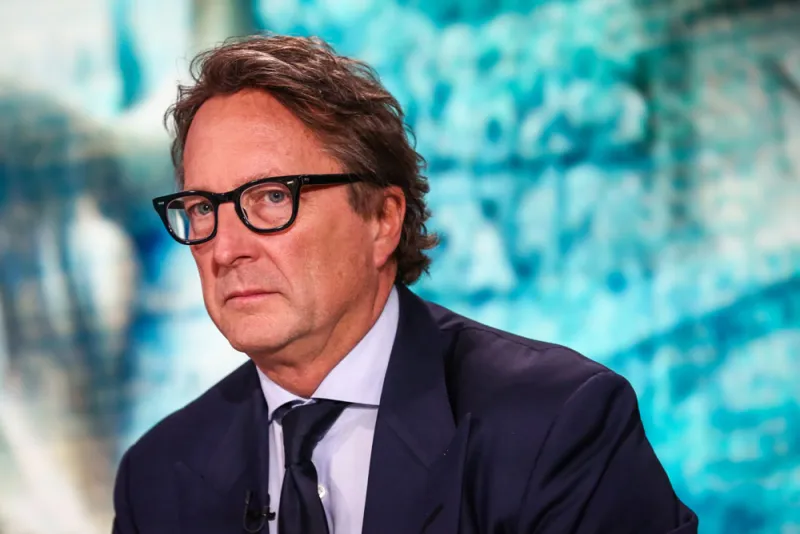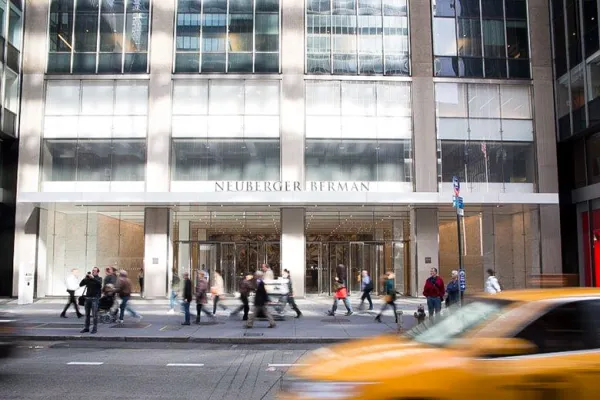Philip Falcone is back in the news and, once again, it’s not for good reasons.
Harbinger Capital Partners Offshore Manager, an offshore hedge fund that was previously managed by Falcone, agreed to pay $30 million stemming from claims it failed to pay New York State and New York City taxes, according to a September 27 announcement from New York Attorney General Barbara Underwood and New York City Corporation Counsel Zachary Carter.
Underwood accused the offshore hedge fund, which was managed from an office in New York City, of earning hundreds of millions of dollars of incentive fees in New York State income “but deliberately dodged paying its fair share of taxes,” according to the announcement.
NYC Corporation Counsel Carter said it drew on The New York False Claims Act, which expressly covers tax fraud. Under the settlement, the offshore fund admitted it was required to apportion income to New York State and to pay New York City unincorporated business tax but failed to do so for several years, according to the announcement.
The investigation was sparked by a whistleblower, Crossroads Analytic, which filed a lawsuit in March 2015 under the New York False Claims Act, which covers tax fraud, according to the announcement and a complaint filed by the Attorney General and New York City Corporation Counsel. The whistleblower will receive $15.4 million.
In April 2017, Harbert Management Corp., an Alabama-based investment firm which initially sponsored Falcone’s hedge fund operation, paid $40 million to settle similar charges.
Under the deal, the offshore fund agreed to pay 100 percent of the incentive fees it had earned from 2004 through 2009 but had deferred for tax purposes. The fund also paid $4.8 million to the New York City Department of Finance relating to an outstanding tax judgment against the company, according to the announcement.
The settlement document stresses that Falcone “was not responsible for preparing or filing” the offshore fund’s tax returns.
Falcone is currently chairman, president and chief executive officer of HC2 Holdings, a holding company that seeks to acquire other assets.
He became a celebrated hedge fund manager more than a decade ago when the head of Harbinger Capital Partners personally made $1.7 billion in 2007, enabling him to rank fourth on the Rich List.
In early 2007 he began shorting subprime mortgages, helping Harbinger post a 117 percent gain for the year. At one point, Falcone was managing $26 billion.
He subsequently lost a huge sum with an outsize bet on LightSquared, which he founded to build a massive wireless network. After the Federal Communications Commission revoked its license over concerns it would interfere with GPS signals, LightSquared filed for bankruptcy in May 2012.
In August 2013, Falcone and Harbinger agreed to pay more than $18 million and he was barred from the securities industry for at least five years as part of a settlement with the Securities and Exchange Commission. The regulator had accused Falcone of improperly using $113 million in fund assets to pay his personal taxes, secretly favoring certain customer redemption requests at the expense of other investors, and conducting an improper “short squeeze” in bonds issued by a Canadian manufacturing company, according to the SEC's announcement at the time.
Falcone also was required to liquidate his hedge funds.
In November 2014, Falcone resigned as chief executive officer and chairman of Harbinger Group, which Falcone’s hedge funds took over in 2009. Under the deal, Falcone received $40.3 million, including a $20.5 million one-time payment, $16.5 million related to Falcone’s 2014 bonus and $3.3 million as a pro-rata bonus for fiscal 2015. Harbinger also said warrants to acquire common stock that were previously awarded to Falcone would continue to vest.
Falcone will be eligible again to launch a hedge fund when his five-year bar terminates later this year.







